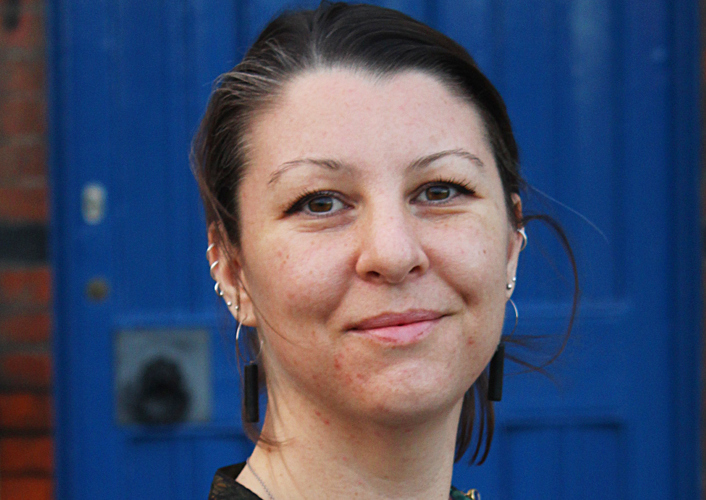‘The importance of tackling unconscious bias in schools cannot be underestimated’

Rebecca Purdy, assistant head: staff and co-curricular at Felsted School, encourages independent schools to ensure they are welcoming places for individuals to learn, work and thrive.
As society moves forward, there is a growing acknowledgement of the need for empathy, kindness and understanding between people. There is an urgency to address the feeling of exclusion many individuals experience on a daily basis, a desire to create a more harmonious world.
Admittedly there is still a very long way to go. But certainly progress is being made, and there can be no better place to oil the wheels than in schools, where the fledgling opinions and attitudes of those who may well go on to become the decision-makers of the future are so often irrevocably shaped.
Making sure that every individual feels valued and integrated in their community is a very tall order. However, in independent schools we do have a great deal of control over the environment in which our students and our colleagues work, and for many of us in boarding schools, live.
The importance of this cannot be underestimated. Removing the barriers to successful learning and working that are constructed purely of unconscious bias can be transformational. The first step is to recognise that unconscious bias is alive and well and undoubtedly evident in almost every school: unspoken assumptions, inconsiderate remarks, insensitive implications that are invisible to so many, but are like a slap in the face to others. They send the message that school is not a place for all.
When you open your eyes to unconscious bias, you can’t help but notice it all around. At Felsted School, we are encouraging staff and students to be vigilant and to pinpoint where it occurs in the education we offer, and also in the day-to-day operation of our school. These instances can cause some individuals to perceive that school is not welcoming to them, that they are somehow worth less than others.
In terms of education, this means teachers moving out of their comfort zones and critiquing themselves and their teaching. This can be a challenge, particularly for those who are used to their methods being praised and many of their students succeeding.
Rather than colleagues seeing this as negative criticism, they can be encouraged to see it as a positive – the aim is to become self-reflective and to put a magnifying glass on areas of the system where unconscious bias is shutting the door on some students; or even one. Once the existence of unconscious bias in teaching is acknowledged, teaching staff develop a gut feeling that something needs to be addressed.
Of course, bias does not just disadvantage by gender or ethnicity - there can be many more assumptions at play. Not the least of these in independent schools relates to socio-economic background. Don’t just assume that a laptop broken one afternoon can be replaced with a shiny new one ready for school tomorrow morning, or that the boarder whose parents are divorced and so has three places to call home will be able to lay a hand on a particular textbook with just one evening’s notice. Or that the new students aren’t interested in joining the school gym because they didn’t go there to sign up, but in fact some felt too nervous on their first day to ask for directions. Or that only girls are more likely to flout uniform rules as they tend to have more rules to abide by.
Unconscious bias in the way the school treats staff is also important to call out. Is there an anomaly in the way certain members of staff are addressed at school? Is it necessary to publicise the educational institution that awarded staff members’ qualifications? Why is a thank you gift for a man nearly always a bottle of wine, but women receive flowers? Why are men more likely to receive red wine and women a bottle of white? And what about those who don’t drink for religious reasons?
At Felsted we support colleagues to act on this instinct, to think more consciously about our resources, our lesson planning and our procedures, so every student has the best opportunity to take part in the education that is on offer, and every member of staff feels integrated. We encourage each other not to listen only to the loudest voices, to gather research and evidence to find out if individuals are missing out, or perhaps to ask a frank question of a valuable critical friend, and not be afraid to make a change. The whole school must be on board – students, parents, teaching and non-teaching staff, governors and the wider community.
It’s a very positive message – it’s about taking care of each other, being kind, putting yourself in someone else’s shoes and considering how even a small detail can make another person feel uncomfortable. It is about recognising every single member of the school community, being empathetic, supporting and valuing each and every individual.
